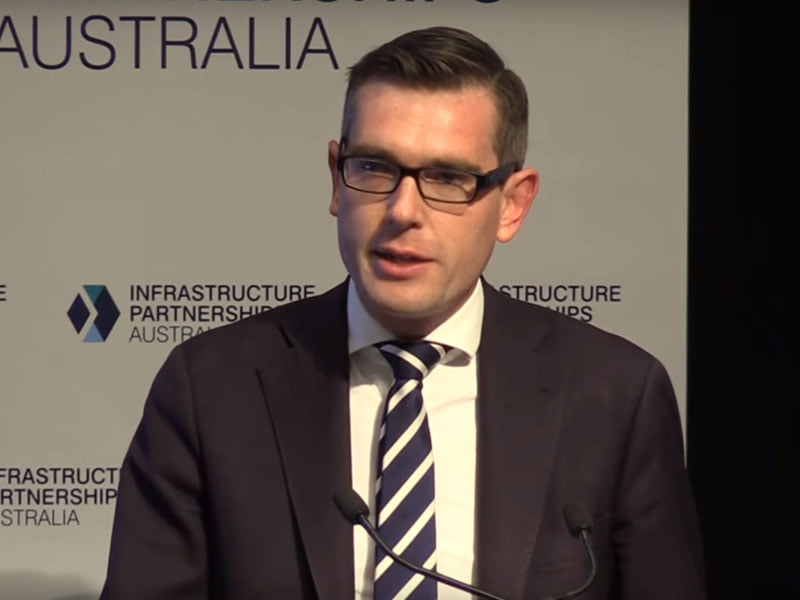The NSW government has announced it will establish its own Productivity Commission to spearhead policy reforms to make it easier to do business in the state, including a review into payroll tax.
Based within Treasury, NSW Treasurer Dominic Perrottet said that unlike the Commonwealth’s Productivity Commission, the NSW Commission would have a direct influence on driving the state’s whole of government regulatory productivity agenda.
“While the Commonwealth Productivity Commission acts as an external advisory body looking at productivity policy nationwide, the NSW Productivity Commission will form part of Treasury and have a direct impact on new and existing regulation across NSW Government departments,” he told InnovationAus.com.

“The head of the Commonwealth Productivity Commission, Peter Harris, has endorsed the new body as an important mechanism for NSW to put the Commonwealth PC’s broader recommendations into practical effect.”
The Commonwealth PC has previously estimated that reducing regulatory compliance costs by about 20 per cent could boost NSW’s gross state product by $6 billion.
The NSW Business Chamber has also estimated businesses spend over $10 billion each year complying with government regulations.
“The Commonwealth PC recently stated that if nothing is done about productivity, income growth in Australia is likely to be about half of historical levels over the next five years,” Mr Perrottet said.
He said NSW had already made some significant inroads internally as it works towards delivering on a whole of government digital transformation strategy. There were plans through the Productivity Commission to see similar outcomes for businesses, said Mr Perrottet.
“The NSW Government has committed to digitising 70 per cent of government transaction services to improve customer service, and reduce costs,” he said.
“The Government established ServiceNSW as part of a move to streamline services and make government processes customer-centric, replacing dozens of forms required to start a business with one online portal.
“The [NSW] Productivity Commission will consult with the business community and the public to look at opportunities for similar reforms to streamline services and contribute to the Government’s commitment to digitise services.”
The establishment of a state-based Productivity Commission was a recommendation made by former state premier Nick Greiner, who had been commissioned to review the state’s regulatory policy framework.
Other items on the Commission’s to-do list includes lowering the cost of living, making housing more affordable, exploring common expiry dates for multiple vehicles, reviewing government procurement practices, and investigating mutual recognition of licenses and certificates.
According to the Mr Perrottet, the NSW Commission would be set up with the aid and advice of former head of the Commonwealth Productivity Commission, Gary Banks.
In addition to appointing a Commissioner, an online portal will be established to allow citizens and businesses to provide input on the regulatory roadblocks they currently face and “provide fresh ideas to reduce the burden”.
The NSW government also announced it plans to appoint the state’s first chief economist, with applications for the role now open.
The chief economist would play an advisory role within Treasury as a “thought leader and spokesperson on economic issues, analysis and trends”, and would work with the Productivity Commissioner, government agencies, public and private policy leaders, academics and businesses on economic priorities.
“The Chief Economist will be a new driver of innovative and visionary economic analysis and advice in NSW, strengthening our state’s capacity to respond to global and local economic trends,” Mr Perrottet said.
“The role will reinforce Treasury’s capacity to drive big economic reforms to keep NSW’s economy ahead, while reinforcing Treasury’s role as an intellectual leader in Australia’s economic debates.”
Do you know more? Contact James Riley via Email.

